From Zen Buddhist Monk Thich Nhat Hahn’s book “How to Love” —
“If you pour a handful of salt into a cup of water, the water becomes undrinkable. But if you pour the salt into a river, people can continue to draw the water to cook, wash, and drink. The river is immense, and it has the capacity to receive, embrace, and transform. When we are small, our understanding and compassion are limited, and we suffer. We can’t accept or tolerate others and their shortcomings, and we demand that they change. But when our hearts expand, these same things don’t make us suffer anymore. We have a lot of understanding and compassion and we can embrace others. We accept others as they are, and then they have the chance to transform. So the big question is: how do we help our hearts to grow?“

Is your heart the size of a small tea cup? Or is it the size of a mighty river?


In life, salt — and thus the stuff that might turn us salty — is unavoidable. What matters is the size of our heart.
Is our heart large and open like a river?
Or is our heart small and very limited and fragile like a tea cup?
Becoming wounded, hurt, angry, bitter, distrustful — in short, salty — depends in large part on the size of our heart and how large it can become.
Small hearts — not just young hearts, but those who are older yet still have small fragile hearts — cannot deal with much salt. Small-hearted people tend to get hurt rather easily and thus must be carefully kept and guarded.
A large capacious heart does not need to be as carefully kept and protected and guarded because it can take on more of life’s sufferings and more of this world’s pain without closing down or balling up like a pill bug. It can take in more salt without becoming salty.
Larger-hearted people will be much much slower to close down or wall up and self-protect when faced with legitimate relationship difficulties.
Smaller-hearted people, on the other hand, will be much much quicker to self-protect by shutting down and walling up when faced with legitimate relationship difficulties — i.e., learning to compromise, learning to seek first to understand, learning to both forgive when needed and apologize and make amends when needed, learning to be more able to Love without needing to first be loved or validated, learning how to do difficult right things instead of easy willful self-centered wrong or self-protective things.
And it’s normal legitimate relationship difficulties that, if stayed for and persevered through, are what actually help us grow our hearts larger and more courageous, that help us mature emotionally, and help us increase our patience and fortitude and generosity and kindness as well as our understanding of our self and the other.
The larger the heart, the more forgiving and persevering and courageous and Loving it can be.
In First Corinthians, St. Paul provides us with Godly guidance as to what large-heartedness looks like and requires:
Love is patient, love is kind. It does not envy, it does not boast, it is not proud. It does not dishonor others, it is not self-seeking, it is not easily angered, it keeps no record of wrongs. Love does not delight in evil but rejoices with the truth. It always protects, always trusts, always hopes, always perseveres. (1 Cor 13:4-7)
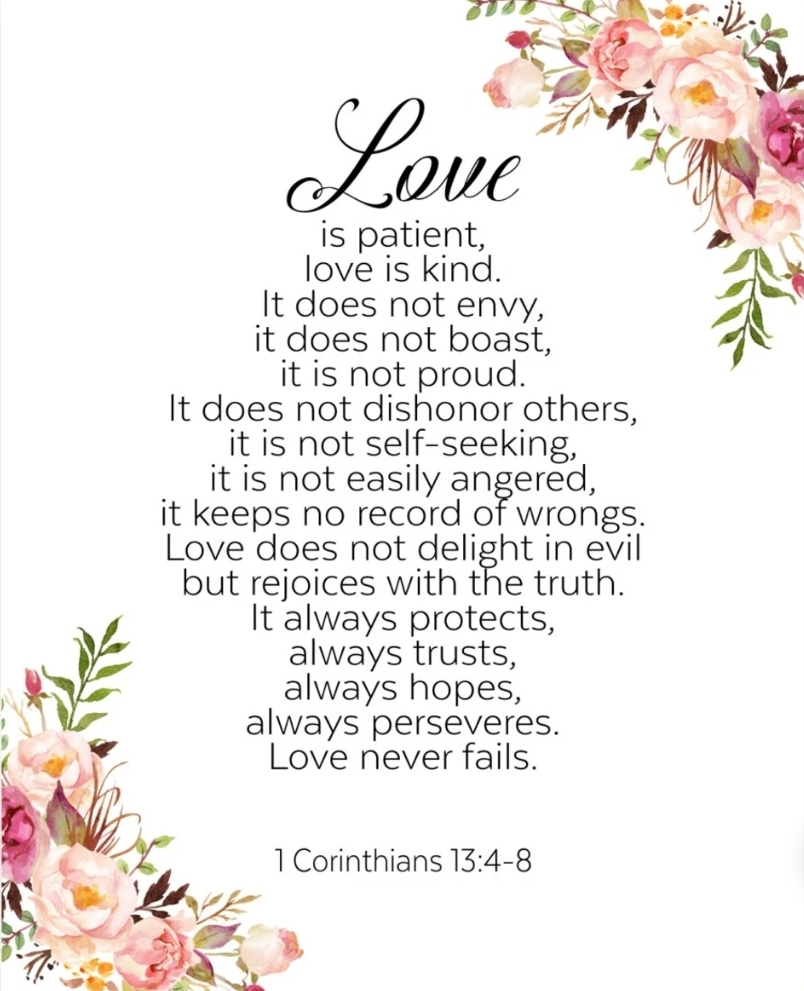
Translation:
Large-hearted people are patient, large-hearted people are kind. They do not envy, they do not boast, they are not proud. Large-hearted people do not dishonor others, they are not self-seeking, they are not easily angered, and they keep no record of wrongs. Large-hearted people do not delight in evil but rejoice with the Truth. Large-hearted people always protect those they love, always trust, always hope, always persevere.
Clearly one of the keys to helping one’s heart grow larger and becoming more Loving (more able to give and produce Love, i.e., Loving thoughts and words and speech, Loving intentions, and Loving behaviors) is to grow in the virtues.

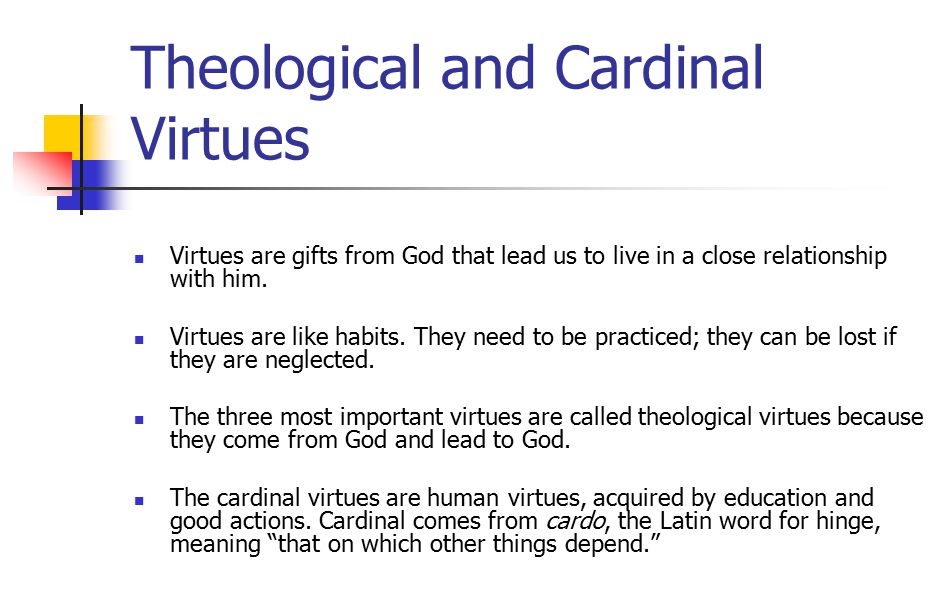
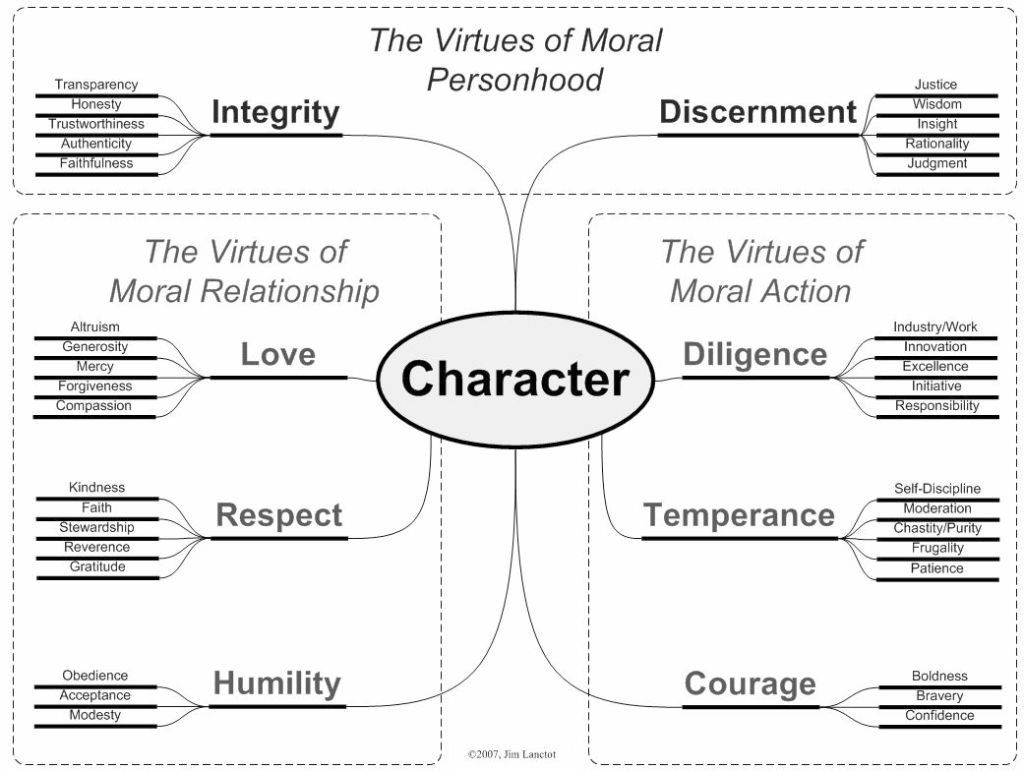

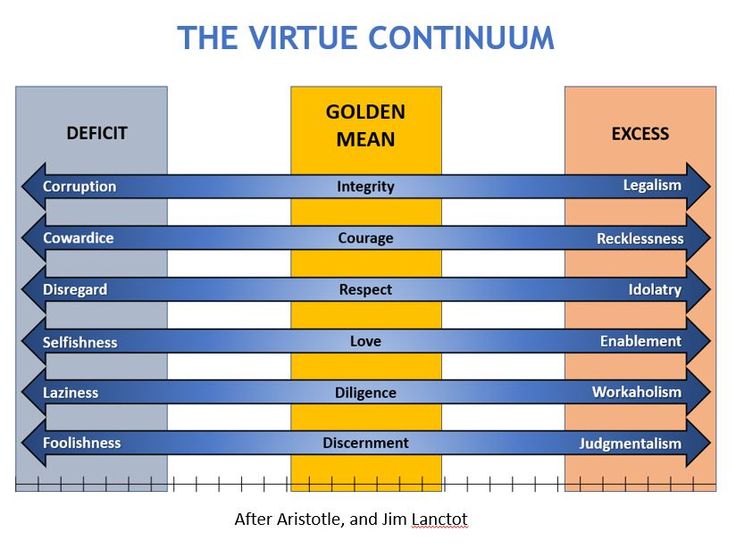

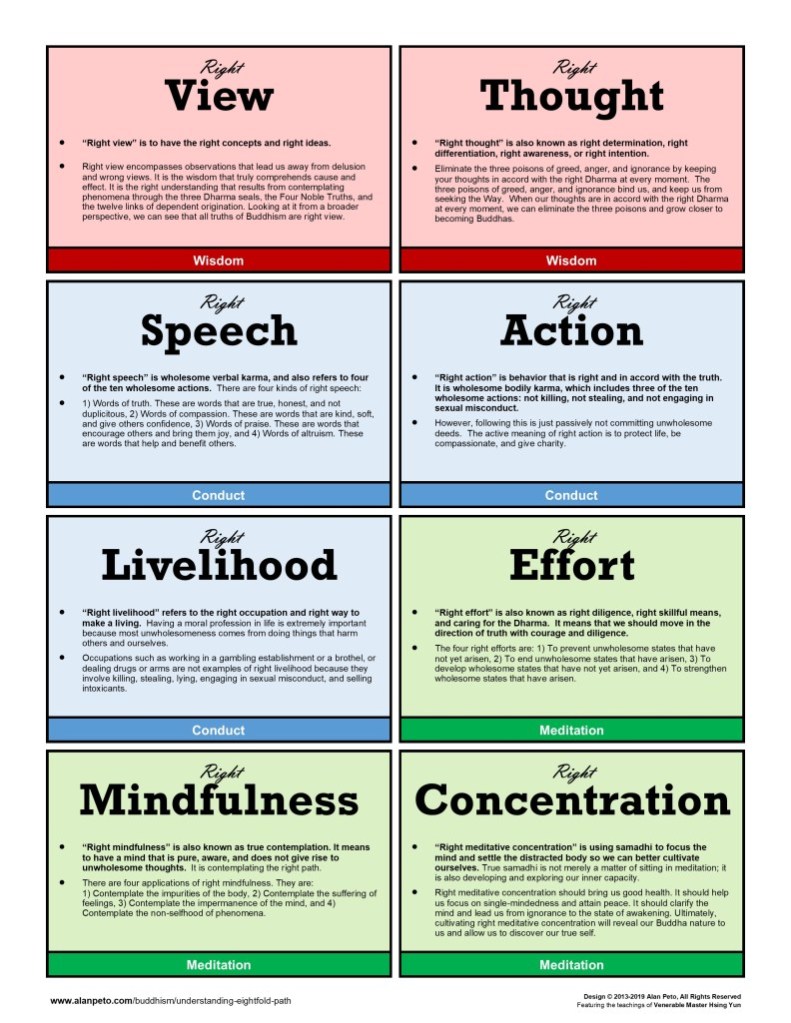
……
On the other hand, the small of heart will be the opposite of the large of heart because they will be suffering from either an excess or deficiency in the various virtues. The small-hearted will tend to be impatient, unkind, envious, boastful, and full of pride and vanity. The small of heart will tend to be self-seeking and ego-driven and thus ego-centered. The small-hearted will tend to dishonor others, be easily angered, and will keep really meticulous score of wrongdoings. Because of the smallness of their hearts, they may go so far as to even delight in evil, and reject Truth and Light. Lastly, because of a deficit in courage, the small in heart will likely self-protect, be distrustful, quit easily, and consistently opt for the easy wrong over the more difficult right.
And the small in heart are this way either because they are timid and afraid, or because they are large-egoed and thus have no room in their heart for anyone aside from themselves and their own ego.
Which begs the question: is it because they are large-egoed that they are small-hearted? Or is it because they are small-hearted that they are more easily susceptible to becoming large-egoed and ego-centered and ego-driven?
And are the large-hearted that way because their heart has grown so much in size that, in comparison, it now dwarfs their ego?
St. Paul, in First Corinthians 13:11, goes on to make a similar observtion when he notes that a large-hearted person is one who has succeeded in giving up childish ways of speaking, thinking, and reasoning and instead thinks in more God-centered ways.
Small-hearted people will think and speak and reason still in childish — petty, immature, egocentric — ways and may never be able to relinquish or outgrow such childish ways up.
And it’s not just that small fightened and / or egocentered hearts cannot forgive or forget, and that they keep score of other’s transgressions and failings meticulously. Small-hearted people also consistently misattribute innocent mistakes and errors by the other as attacks on them and their small fragile heart. And yet, hypocritically, they always excuse their own errors and misdeeds and hurtful self-protective behaviors. Small hearted people tend to have a rather pernicious double-standard they love by: they tend to go very easy on themselves, excusing and justifying everything they do in the name of emotional self-protection and as them doing their best, while invariably holding others to an impossibly high standard and attributing any slights from others as due to the other person being malicious or uncaring or hard-hearted. The small of heart write off their own mistakes as being due to ignorance and circumstance, and thus they are able to easily excuse their own bad actions and rash or uncourageous choices; whereas they consistently attribute the other person’s mistakes to malice (and not ignorance or innocent errors), and thus conclude thlse malicious actions to be unchanging evidence of the other person’s irredeemably bad character.
And yet which is more likely? That the other person is malicious and hard-hearted and a bad apple? Or that the other person is not malicious, has decent or even good character, and acted innocently out of ignorance, and was doing the best they knew how at the time?
The small of heart clearly are no saints, because only the very largest of heart can become Saints or Bodhisattvas. Rather, if the small of heart are letting themselves off the hook with their self-attributions of innocence and their self-justifications and denial of their own hurtful and harmful behaviors, they are doing so because of some combination of: they are very timid and frightened in general and so Truth and Light and even constructive criticism overwhelm and flood them emotionally, they have been hurt badly in the past and cannot tolerate criticism or feeling guilty, they are very willful and egocentric, or they sense at some level that they have done some very bad and hurtful things but they are afraid to feel the overwhelming guilt that would come with truly recognizing and owning their bad and even evil behaviors.
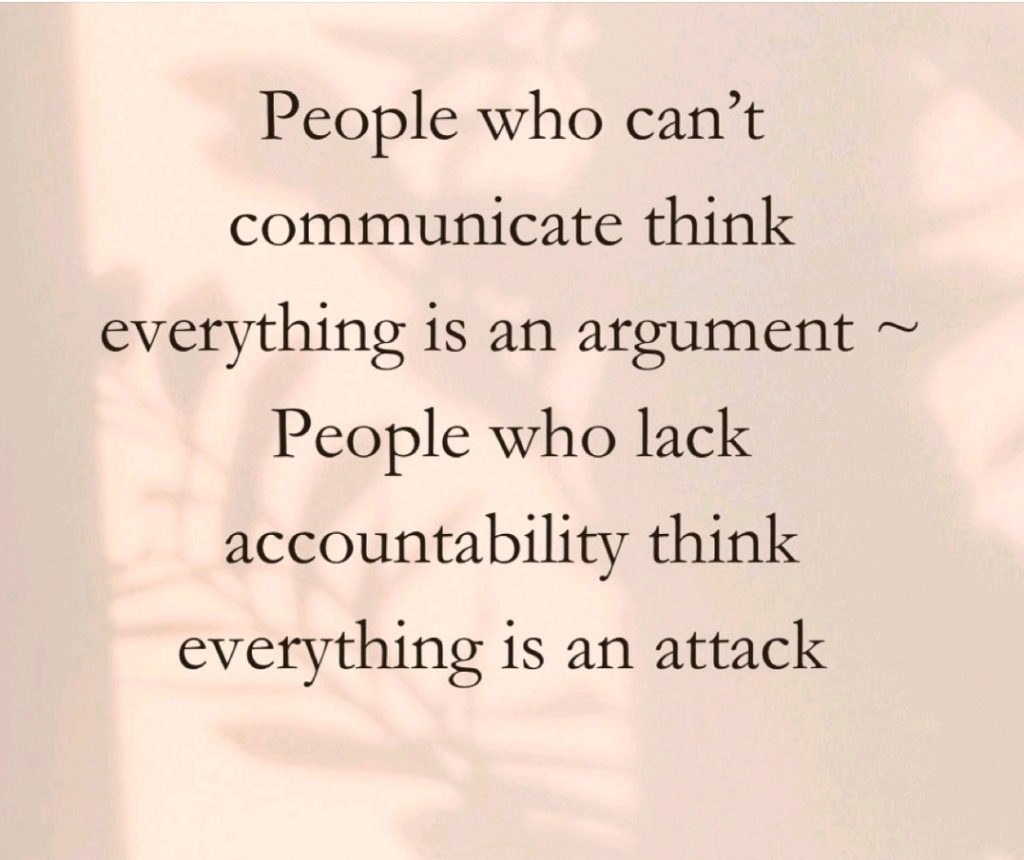
Looking at relationship difficulties from a perspective of small-heartedness v large-heartedness instead of hard-heartedness v soft- or tender-heartedness may be more productive because soft- or tender-heartedness may imply a level of naiveté or gullibility that when reframed in a large- v small-hearted framework is now subsumed under the category of small-heartedness. As in small hearts are often naive and gullible, and in response to being hurt because of this, small hearts tend to shut down and or break, whereas a larger heart would be able to forgive a similar occurrence.

One last point on how fundamentally differently the small-hearted and large-hearted people view and practice love. The small-hearted view love as a feeling and something to be sought after and received. They need their cup to be constantly filled and topped off and kept warm. The large-hearted, on the other hand, see Love as a verb and an action and an ability, as something to be generously given away to others to help them grow and be better able to Love similarly, meaning, less like a receptive and exploitative and frightened cup, and more like a magnanimous and generous and forgiving river.
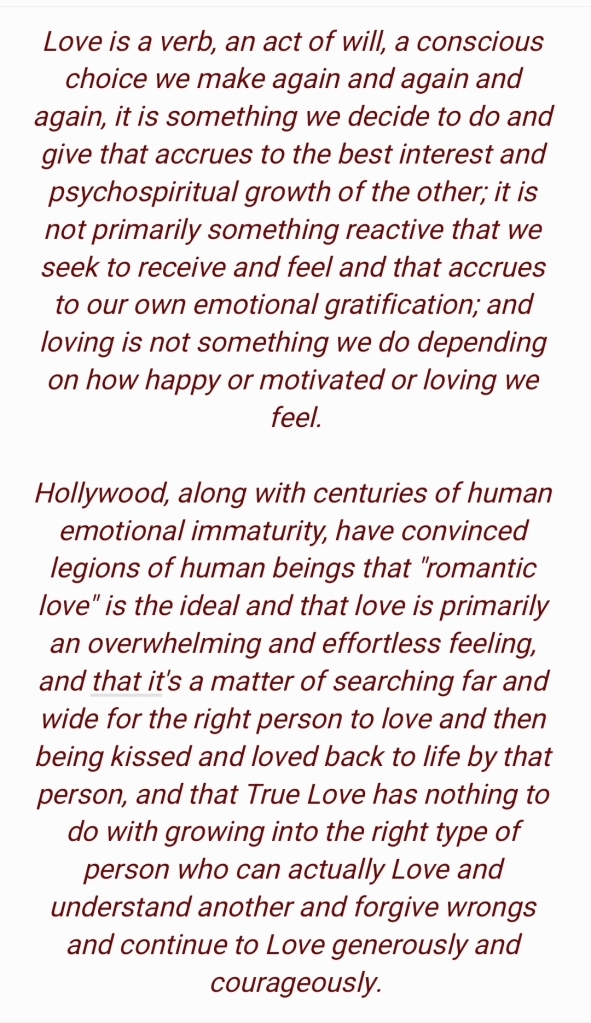
…….
